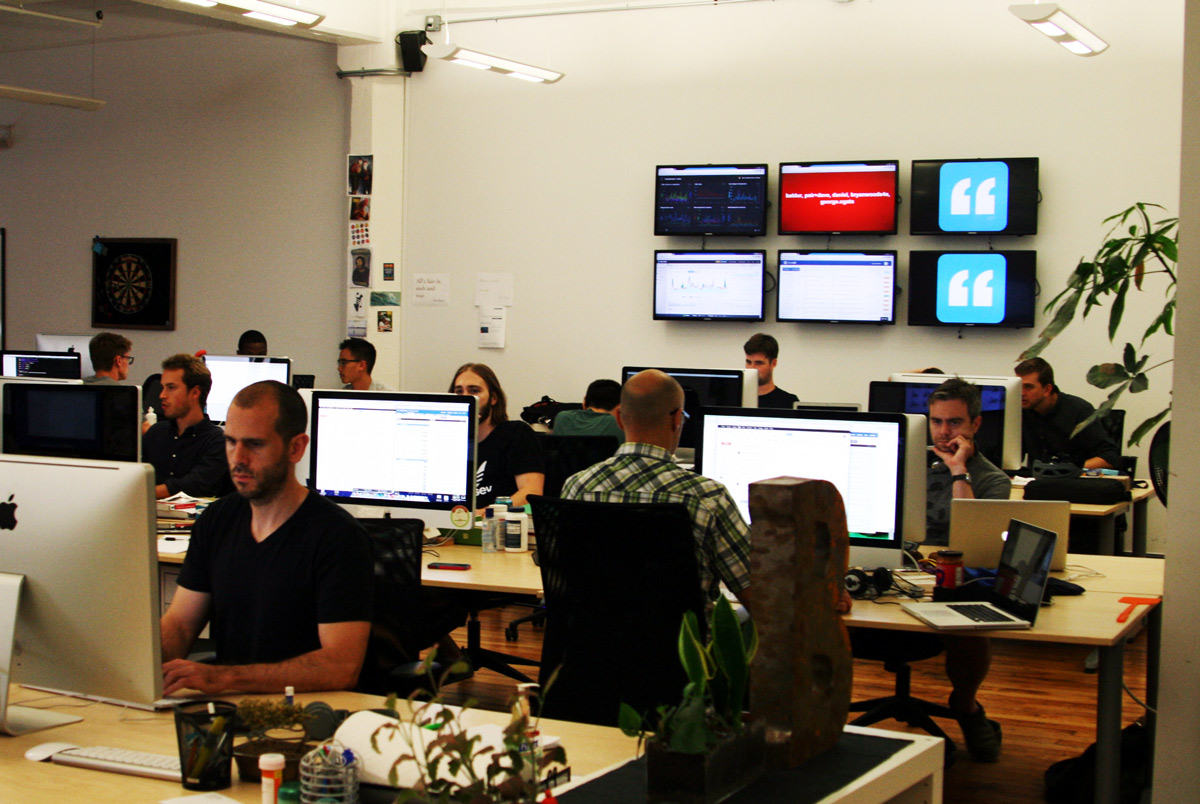Don’t get hung up on smart cities as a futuristic concept: The real smart cities are the ones that think about what communities need, then use technology to deliver that efficiently.
That was the takeaway from a panel of smart-city experts convened in Philly by the Knight Foundation on Tuesday, as part of its 2018 Smart Cities Forum.
A panel on the concept of smart cities drew thoughts from newly-minted Philly CIO Mark Wheeler, Harvard Law School professor Susan Crawford, former Boston CIO Jascha Franklin-Hodge and Georgia Tech’s Debra Lam.
Wheeler, who received the permanent appointment last week after eight months as interim Chief Information Officer, posited that any discussion around smart-city implementation has to take a bottom-up approach. A shiny new tech platform isn’t necessarily something the community needs.
“It’s overwhelmingly beneficial to listen to the communities and understand what their needs are,” Wheeler said.
So refreshing to hear smart city discussion hyper focused on people / human experience. We have to focus on building public trust in our technology investments, “make sure people know we are of service to them.” – @scrawford #smartcities18 @knightfdn @jfh @lcoral @Wheelmrk pic.twitter.com/bQ3gwsqfaQ
— Mike Sarasti (@Sarasti) September 18, 2018
During his opening remarks, Knight Foundation CEO Alberto Ibargüen announced the nonprofit would infuse $5 million into self-driving vehicle initiatives across five cities: Pittsburgh, Pa., Detroit, Mich., Miami, San Jose, Calif., and Long Beach, Calif.
In Philly, though, Wheeler said access to autonomous vehicles in public transit might not be as top-of-mind for citizens. Rather, they might be more concerned with access to reliable transportation.
With backing from the Knight foundation, the City of Philadelphia has been working since last year to lay out its roadmap for smart-city technology. For Wheeler, the lasting impact of these tools lies in connecting local government to its citizens.
“We could actually use it to build trust in government,” Wheeler said. “In communities that have problems getting licenses, or accessing 911, we can be intentional about the fact that we’re trying to respond to their needs as best we can.”
Before you go...
Please consider supporting Technical.ly to keep our independent journalism strong. Unlike most business-focused media outlets, we don’t have a paywall. Instead, we count on your personal and organizational support.
3 ways to support our work:- Contribute to the Journalism Fund. Charitable giving ensures our information remains free and accessible for residents to discover workforce programs and entrepreneurship pathways. This includes philanthropic grants and individual tax-deductible donations from readers like you.
- Use our Preferred Partners. Our directory of vetted providers offers high-quality recommendations for services our readers need, and each referral supports our journalism.
- Use our services. If you need entrepreneurs and tech leaders to buy your services, are seeking technologists to hire or want more professionals to know about your ecosystem, Technical.ly has the biggest and most engaged audience in the mid-Atlantic. We help companies tell their stories and answer big questions to meet and serve our community.
Join our growing Slack community
Join 5,000 tech professionals and entrepreneurs in our community Slack today!

The person charged in the UnitedHealthcare CEO shooting had a ton of tech connections

From rejection to innovation: How I built a tool to beat AI hiring algorithms at their own game

Where are the country’s most vibrant tech and startup communities?


